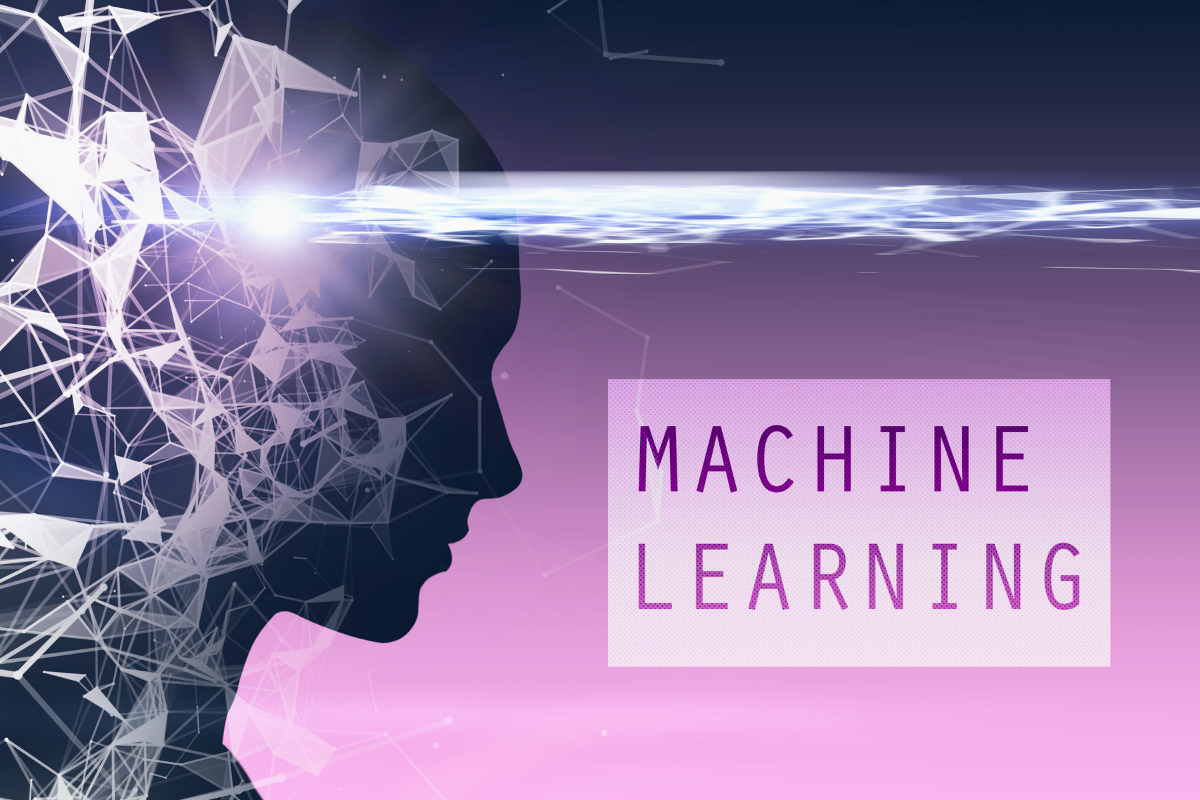What or Who is MLOps, or DevOps for Machine Learning ?
Machine Learning, or machine learning algorithms are arguably a much bigger revolution in IT than the cloud revolution. ML algorithms are algorithms that improve automatically as they process increasing amounts of data. Over the next decade, ML algorithms will become part of most applications.
At the same time, most organisations do not know how to effectively implement ML algorithms in their projects. According to TechCrunch, it takes large organisations between 6 and 9 months to apply an ML model in production. According to Gartner, only 53% of ML models make it to production. According to IBM, this number is much higher - as much as 89 % ! of ML algorithms...get lost somewhere.
MLOps is a term first presented by Google in 2018. It is a set of principles and best practices designed to maximise collaboration and communication between ML and operations professionals. Much like the DevOps methodology.
ML algorithms involve people working in 3 types of positions:
1.Data engineers are people who collect and sort data from multiple sources;
2.Data scientists are the people who create models that create machine learning models;
3.Finally, as in the DevOps model, MLOps/ML Engineers deploy the machine learning model into production using continous integration and continous deployment methodologies.
Why do we need MLOps ?
For the same reason we needed the alignment of manufacturing processes during the industrial revolution and DevOps and Agile during the digital revolution. Just as manufacturing processes allowed the mass production of, for example, cars, DevOps allowed the creation of much faster cloud-based software, MLOps is supposed to ensure the creation of much more precise ML algorithms - faster.
One of today's most important ML researchers and promoters, Andrew Ng (link to lecture below) in a very interesting way presents the difference between the traditional model of creating ML algorithms and MLOps.
Machine Learning is both algorithms and data. The better the quality of the data, the better the algorithms learn.
The traditional ML approach is one focused on model/algorithm creation and less focused on data quality.
The MLOps model, on the other hand, is a datacentric model. Instead of focusing on improving algorithms that work on the same data set, it focuses on continuous, systematic improvement of the data. By continually "testing" the data on the algorithm, we arrive at how to optimise data cleansing. We don't need to focus as much on fine-tuning the algorithm, because by continually testing the algorithm at the MLOps person level, we can revisit the work at the data engineer person level and the "data cleansing" level. The emphasis shifts to continuous collaboration between the "data cleansing" level and the algorithm/model development level.
Link to lecture:
https://www.youtube.com/watch?v=06-AZXmwHjo
DevOps is the parent methodology for MLOps. So it is obvious that they have a lot in common. Iterative, experimental approach on the principle of "progress not perfection". What matters is speed and agility.
However, the final product of MLOps is not an application, but an algorithm. Therefore, although the methodology is derived from DevOps in a logical way it will differ.
The MLOps person does not end his task at "deployment". An important part of his role is to monitor the relevance of the algorithm next. The quantity and quality of data is changing all the time, and so will the algorithm's response. Hence the constant monitoring of algorithm quality and data quality.
I wonder which people in today's market are best suited to be MLOps ?
This is certainly a new role in the IT job market. It could be an interesting alternative for data scientists, but also an interesting option for traditional software engineers, or even people who currently work in DevOps positions.
MLOps model is not without controversy - while preparing research for this post, I came across opinions that MLOps takes away independence of data engineers/data scientists and limits their creativity. What do you think about this?
MLOps is still a new approach. Is this topic being discussed in your organisations? Can anyone tell you something about the implementation of MLOps ? Please send us your emails and comments.
We are currently launching our podcast - we would very much like to invite someone to talk about MLOps !


